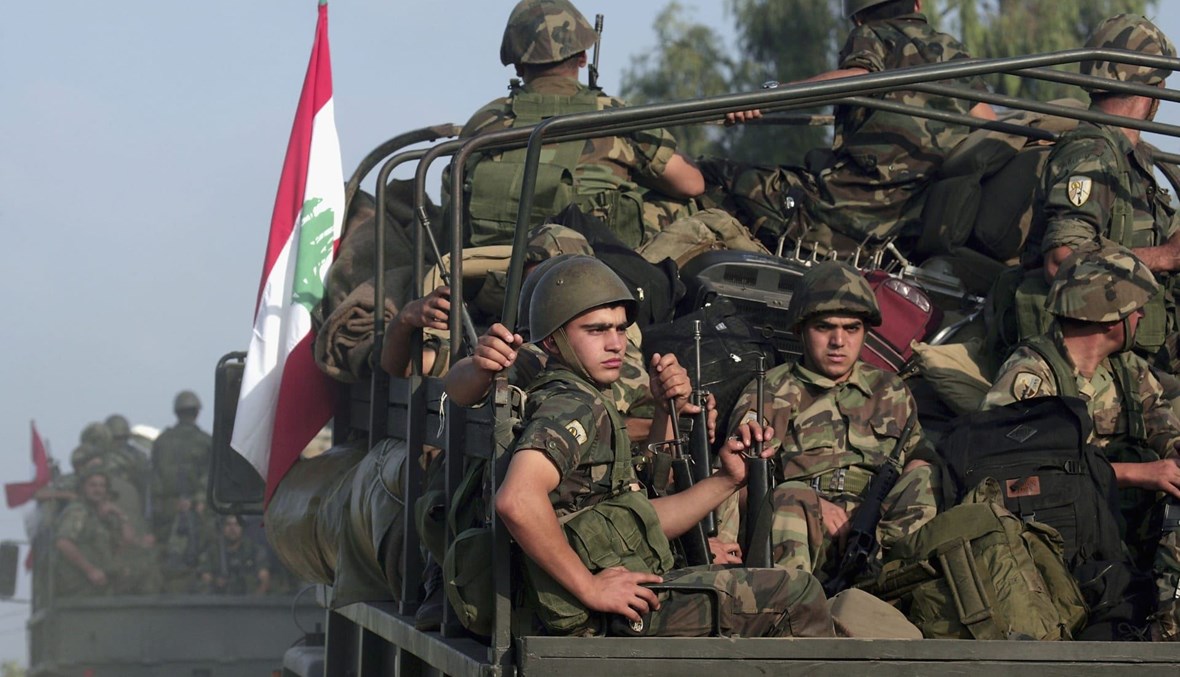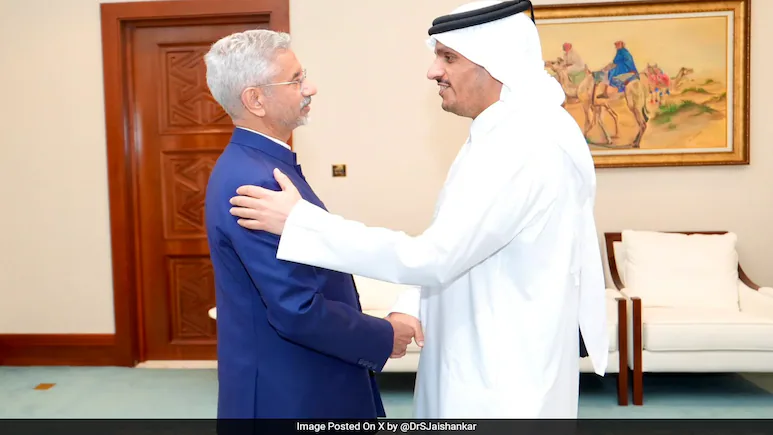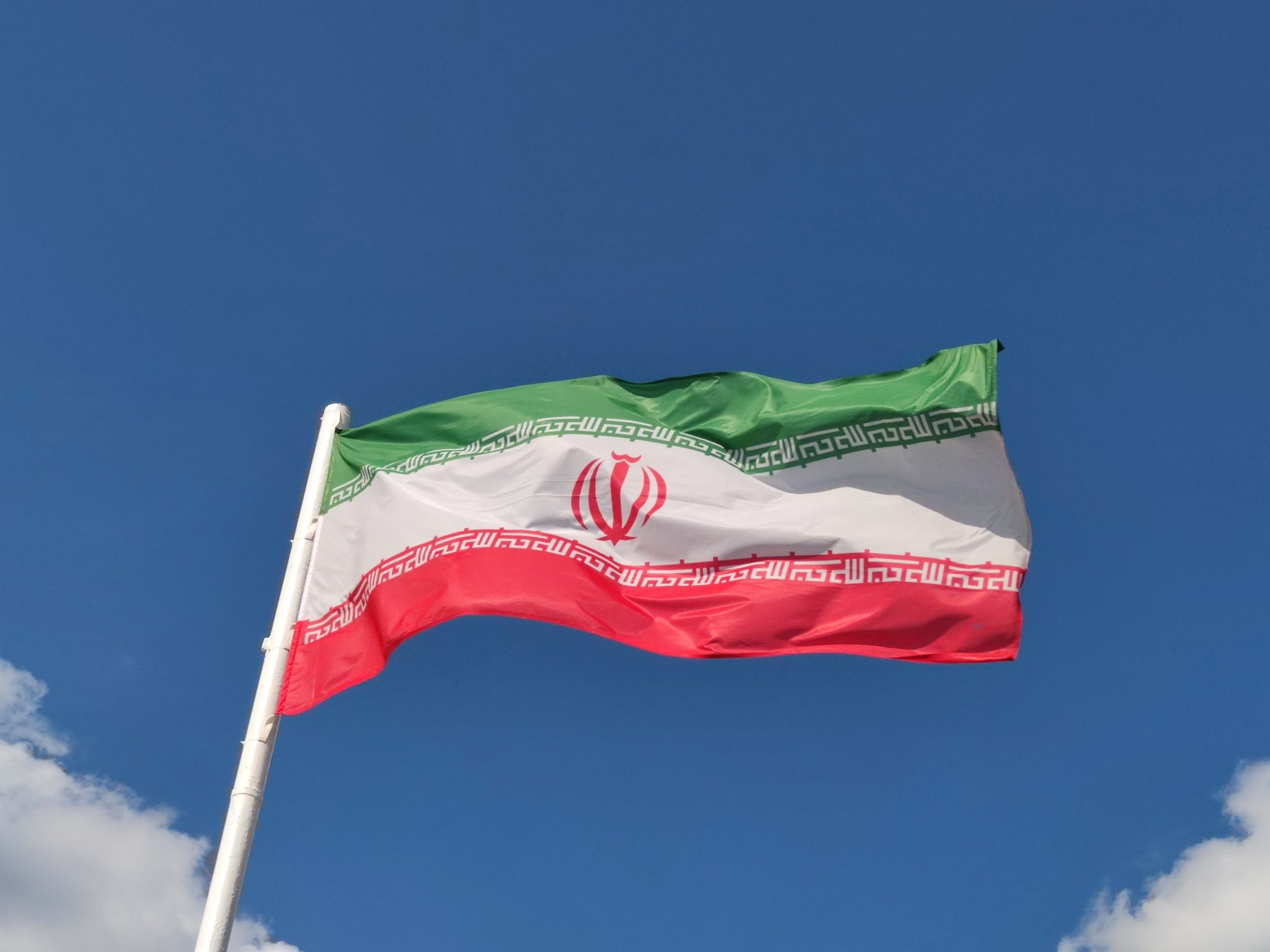The Lebanese caretaker prime minister landed in Qatar on Sunday amid growing fears over another war between Israel and Hezbollah.
Qatar delivered the second batch of fuel to the Lebanese army on Saturday as part of a six-month agreement aimed at providing much-needed assistance to the crisis-hit nation.
The Qatar Fund for Development (QFFD) announced the arrival of the diesel and gasoline delivery, just weeks after the first shipment was sent on 28 September.
The deliveries are part of a $30 million agreement signed between QFFD and the Lebanese government on 30 August that stipulates the provision of Lebanon’s army with fuel and diesel for six months.
It also falls under Qatar’s wider efforts to provide the crisis-hit country with assistance as it faces its worst economic crisis since the 1975 civil war. Last year, QFFD announced an aid package of 991,000 litres of fuel to power government-run hospitals and elderly care facilities.
Also in 2020, Qatar pledged $60 million to the Lebanese military.
For four years, Lebanon’s economy has been facing its worst downfall in decades, with the Lebanese Lira losing more than 90% of its value to the US dollar. In 2019, mass protests broke out in Beirut due to the lack of basic resources.
Lebanon’s economic collapse was further exacerbated in 2020 during the Covid-19 outbreak and the deadly Beirut Port explosion. Meanwhile, Beirut witnesses frequent power outages as a result of what many have cited as decades of poor energy decisions by state electricity company Electricité du Liban (EDL).
On a diplomatic level, Qatar has been working to resolve Lebanon’s longstanding obstacle to name a president.
Qatar is a key member of the quintet group – Saudi Arabia, Egypt, the United States, and France – which has engaged in talks since February under an initiative led by French Presidential Envoy for Lebanon Jean-Yves Le Drian.
The group first met in Paris before convening for the second time in Doha in July.
However, Doha appears to face an uphill task amid a deep political divide between the Lebanese parties. The crises-stricken country has failed to elect a president at least 12 times since former President Michel Aoun left office in October last year.
Meanwhile on Sunday, Caretaker Lebanese Prime Minister Najib Mikati landed in Qatar for an official visit where he met Qatar’s Amir Sheikh Tamim bin Hamad Al Thani.
Fears over Israel-Hezbollah war
Mikati’s visit comes amid a critical time for Lebanon as it faces growing concerns over a possible all-out war between Hezbollah and Israel following weeks of tensions along the border, as occupation forces (IOF) continue to bombard Gaza.
Israel has ordered settlers to evacuate the area as it continues to engage in cross-border attacks.
Last week, the United Nations warned that more than 19,000 people in Lebanon have been internally displaced since early October when Israel launched one of the deadliest wars on Gaza.
The UN’s International Organisation for Migration (IOM) stated that the majority of the displacements have been from the south of Lebanon.
“We expect the numbers to rise as the cross-border tensions continue,” IOM spokesperson Mohammed Ali Abunajela said last week, according to AFP.
On 13 October, Israel targeted a press crew at the Lebanese border, killing Lebanese Reuters videographer Issam Abdallah and injuring six others, including two from Al Jazeera.
The following day, Lebanon said that it was submitting a formal complaint to the UN Security Council over Israel’s “deliberate killing” of Abdallah and wounding of other press members.
“The Ministry of Foreign Affairs and Expatriates instructed the Permanent Mission of Lebanon to the UN in New York to submit a complaint to the UN Security Council about Israel’s deliberate killing of the martyr Lebanese journalist Issam Abdullah, who worked for Reuters, and the wounding of other journalists from Agence France-Presse and Al Jazeera,” the Lebanese foreign ministry said on 14 October.
The cross-border attacks have raised concern over a potential spillover into Lebanon. In 2006, Israel waged a deadly 34-day war on Lebanon, killing 1,200 mostly Lebanese civilians. The war ended with Hezbollah forcing Israeli soldiers out after weeks of intense attacks.
On Thursday, the Lebanese government assured its citizens that it was working on a preventive plan in case a war breaks out amid rising concerns.
“The Cabinet approved the plan of the Ministry of Public Works and Transport and the Ministry of Health regarding disaster management,” Lebanese Media Minister Ziad Makari told reporters in Beirut.
Separately, Lebanon’s Minister of Public Works and Transport Ali Hamiyah said the government is “prepared for any repercussions or any matters that could threaten the infrastructure of its important facilities.”
“The plan concerns bridges, roads and the four commercial ports – Sidon, Tyre, Beirut and Tripoli – and Beirut-Rafic Hariri International Airport,” Hamiyah said.
Last week, Qatar said it is actively engaging in preventing Israel’s war on Gaza from turning into a regional conflict that could affect the rest of the world.
“We are confident that with the help of our regional partners we will be able to contain this conflict, but certainly the dangers of this conflict becoming a wide-spanned regional conflict is something that is not only a threat to us here in the region,” Doha’s foreign ministry spokesperson Dr. Majed Al-Ansari said on Tuesday during a weekly press briefing in response to a question from Doha News.
The Qatari diplomat also pointed out that “the developments on the ground are certainly alarming, especially in the West Bank, and south Lebanon.”







